How Stand-Up Comedy Became a Powerful Voice for Social Change
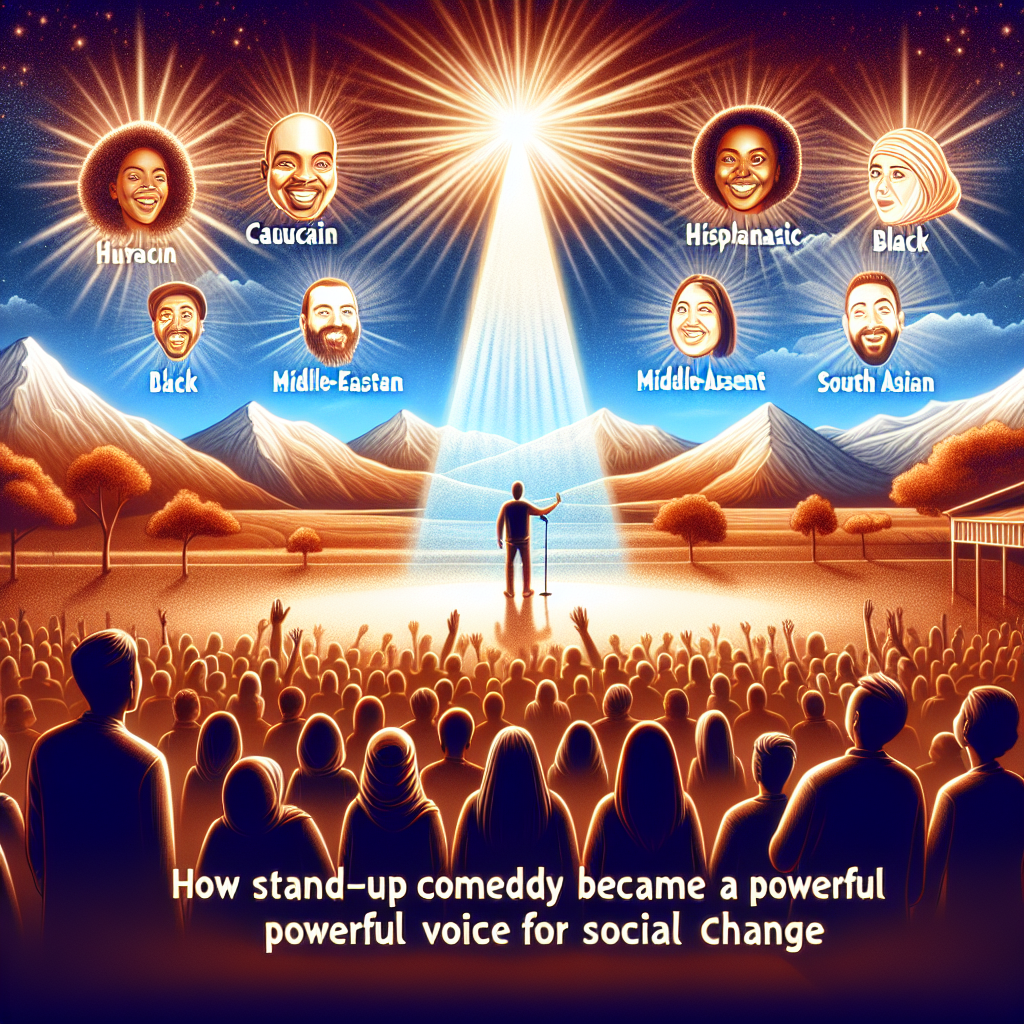
Table of Contents
- The Historical Context of Stand-Up Comedy
- Emergence in Early 20th Century
- The Comedy Boom of the 1980s
- The Role of Stand-Up Comedy in Social Dialogue
- Challenging Norms and Sparking Conversations
- Case Studies: Comedians Leading the Charge
- Richard Pryor: The Pioneer
- Joan Rivers: Breaking Barriers for Women
- The Evolution of Topics in Stand-Up Comedy
- From Personal to Political
- Social Media: A New Frontier
- The Impact of Stand-Up Comedy on Social Movements
- Comedy and Activism
- Notable Movements Influenced by Comedy
- Future of Stand-Up Comedy and Its Role in Social Change
- The Next Generation of Comedians
- Challenges Ahead
- Conclusion
- Related Articles
Stand-up comedy has evolved significantly over the decades, emerging from the dimly lit clubs of the early 20th century to become a powerful voice for social change. This article delves into the evolution of stand-up comedy, its intrinsic role in highlighting societal issues, and how comedians have used their platform to foster dialogue and spark action.
The Historical Context of Stand-Up Comedy
Emergence in Early 20th Century
Stand-up comedy traces its roots back to vaudeville and music hall performances, where entertainers would deliver quick-witted monologues to engage audiences. According to the Smithsonian Magazine, the 1940s and 50s saw a shift as performers like Lenny Bruce began to use comedy to address societal taboos and injustices.
The Comedy Boom of the 1980s
The 1980s witnessed a comedy boom with the establishment of comedy clubs across the United States. Comedians such as Robin Williams and Richard Pryor became household names, often intertwining personal narratives with broader societal critiques, setting the stage for future generations to engage in social commentary.
The Role of Stand-Up Comedy in Social Dialogue
Challenging Norms and Sparking Conversations
Stand-up comedy offers a unique platform for challenging societal norms. Comedians often tackle sensitive subjects—race, gender, sexuality—using humor as a tool for discussion. According to a study published in the Journal of Communication, humor can effectively reduce defensiveness around controversial topics, enabling audiences to engage in difficult conversations.
Case Studies: Comedians Leading the Charge
Richard Pryor: The Pioneer
Richard Pryor is often hailed as a trailblazer for his unapologetic portrayal of race and identity. His comedy provided a lens through which audiences could explore the complexities of race relations in America. As noted by the American Psychological Association, Pryor’s work opened doors for subsequent comedians tackling social issues.
Joan Rivers: Breaking Barriers for Women
Joan Rivers was instrumental in reshaping the landscape for female comedians. By addressing gender stereotypes and body image issues through her sharp wit, she paved the way for other women in comedy. Rivers’ legacy is a testament to how humor can challenge gender norms and inspire change.
The Evolution of Topics in Stand-Up Comedy
From Personal to Political
Initially, stand-up comedy primarily revolved around personal anecdotes. However, contemporary comedians have increasingly shifted towards political commentary. Comedians such as Hasan Minhaj and John Oliver leverage their platforms to critique government policies and societal injustices.
Social Media: A New Frontier
The advent of social media has transformed how comedy is consumed and shared. Comedians can now reach wider audiences, sparking discussions on important issues almost instantaneously. Platforms like Twitter and Instagram allow for quick dissemination of jokes that address current events, fostering a culture of immediate dialogue.
The Impact of Stand-Up Comedy on Social Movements
Comedy and Activism
Stand-up comedy is not just about laughter; it often serves as a catalyst for activism. Comedians like Trevor Noah and Michelle Wolf use their platforms to raise awareness about social issues, pushing audiences to take action.
Notable Movements Influenced by Comedy
Various social movements have been influenced by comedic commentary. The Black Lives Matter movement, for instance, has been highlighted in routines by multiple comedians, bringing attention to systemic racism and injustice. This illustrates how comedy can not only reflect societal issues but also drive change.
Future of Stand-Up Comedy and Its Role in Social Change
The Next Generation of Comedians
As new voices emerge, the landscape of stand-up comedy continues to evolve. Younger comedians are increasingly focused on intersectionality in their routines, addressing how different identities intersect with societal issues. This evolution enriches the dialogue and encourages a collective understanding of social justice.
Challenges Ahead
Despite its potential for social change, comedy faces challenges, particularly around social acceptability and cancel culture. Comedians must navigate the fine line between humor and insensitivity, making it crucial for them to approach controversial topics with care.
Conclusion
Stand-up comedy has become a formidable sphere for social change, moving beyond mere entertainment. As comedians continue to challenge norms and address pressing societal issues, they play a vital role in fostering dialogue and inspiring action. Whether through personal narratives or political satire, the influence of stand-up will undeniably shape the future of social discourse.
Related Articles
For more insights on how creative expression influences societal change, check out our article on The Impact of Art in Social Movements.
By engaging with these comedic voices and exploring the intersection of comedy and activism, audiences can appreciate not only the laughter but also the profound impact that humor can have on societal change.
Latest Posts
You Might Also Like

Lorem ipsum dolor sit amet, consectetur adipiscing elit. Ut elit tellus, luctus nec ullamcorper mattis, pulvinar dapibus leo.
TOP NEWS
Copyright © 2025 FunnyShowStreaming.site | All rights reserved.












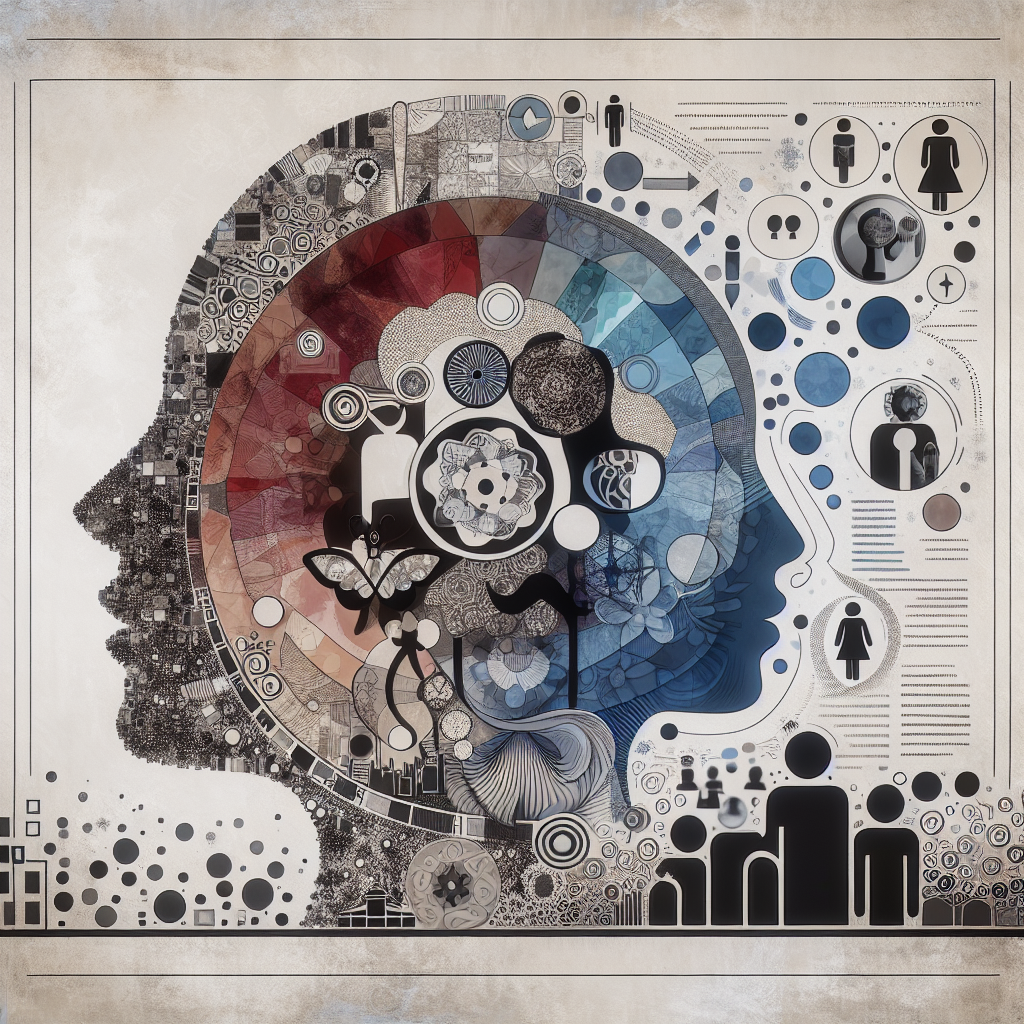
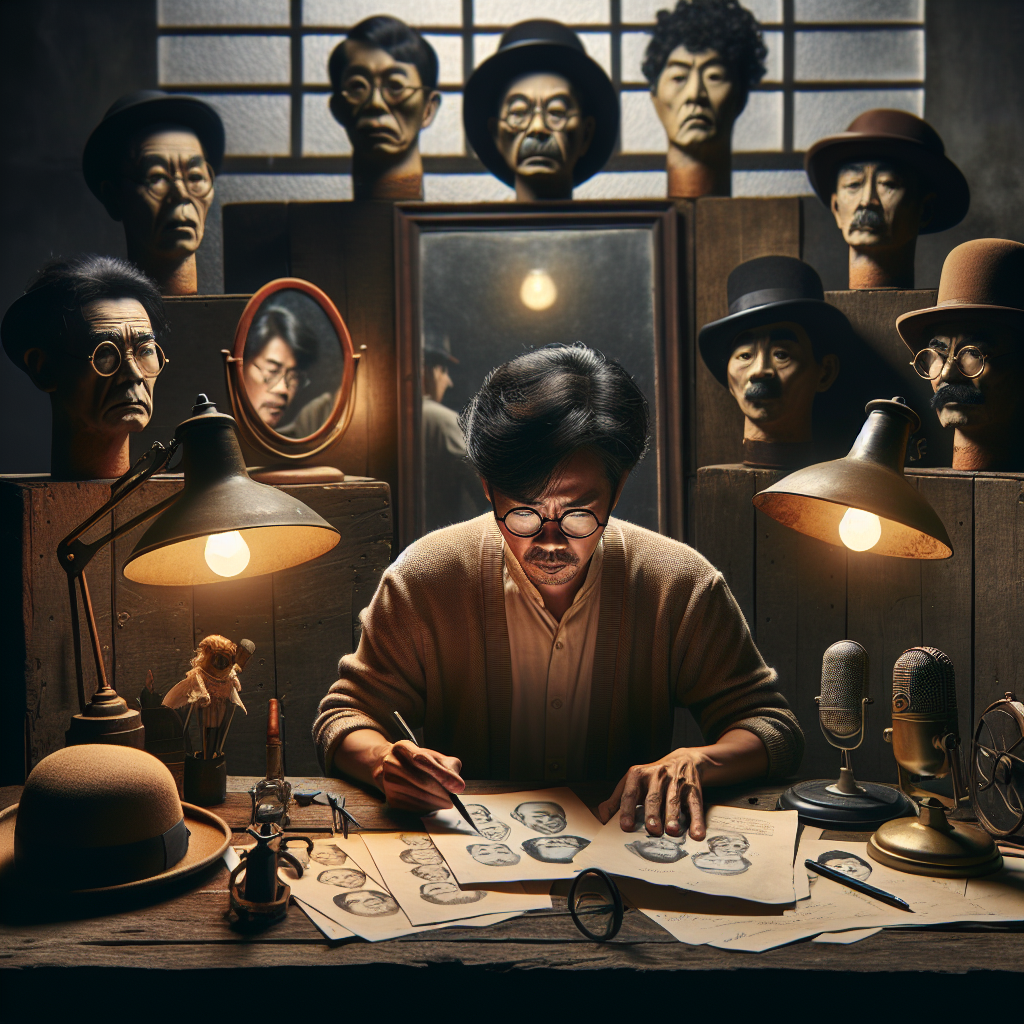
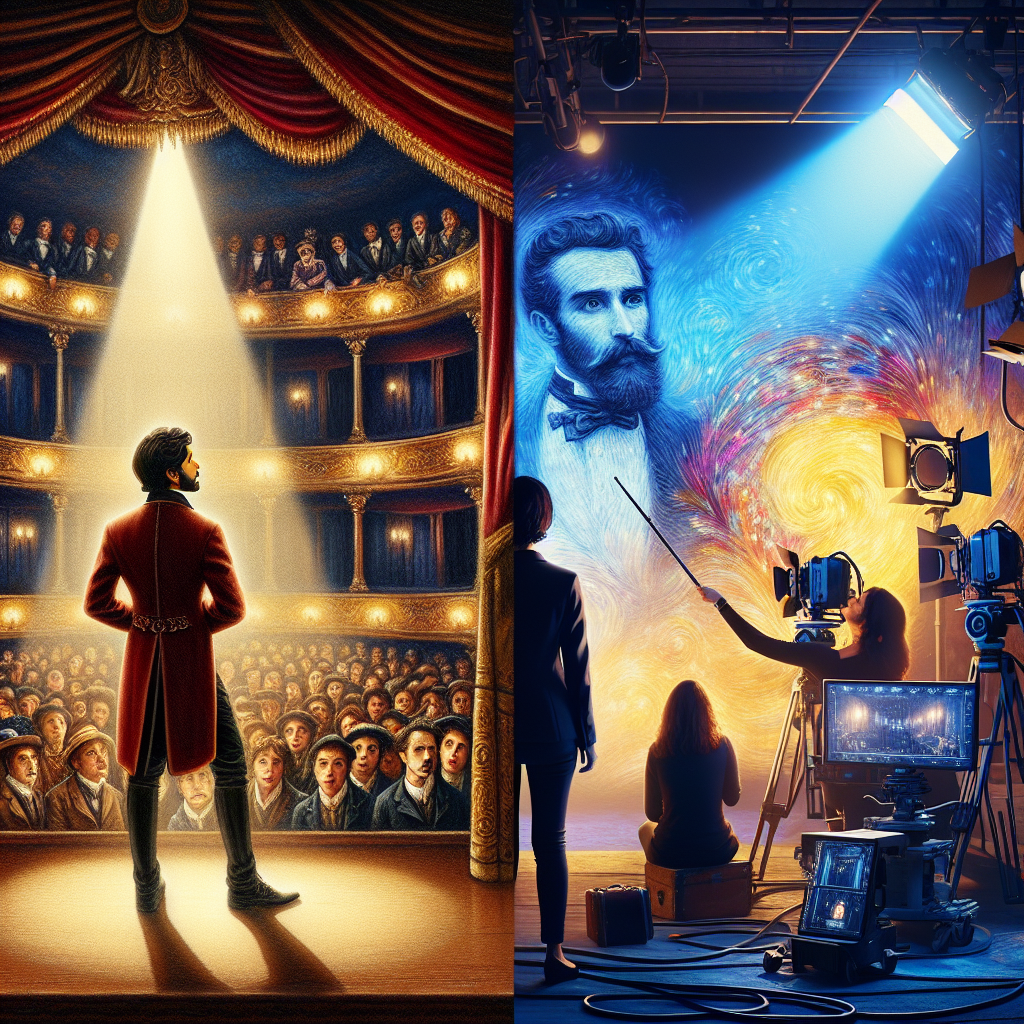
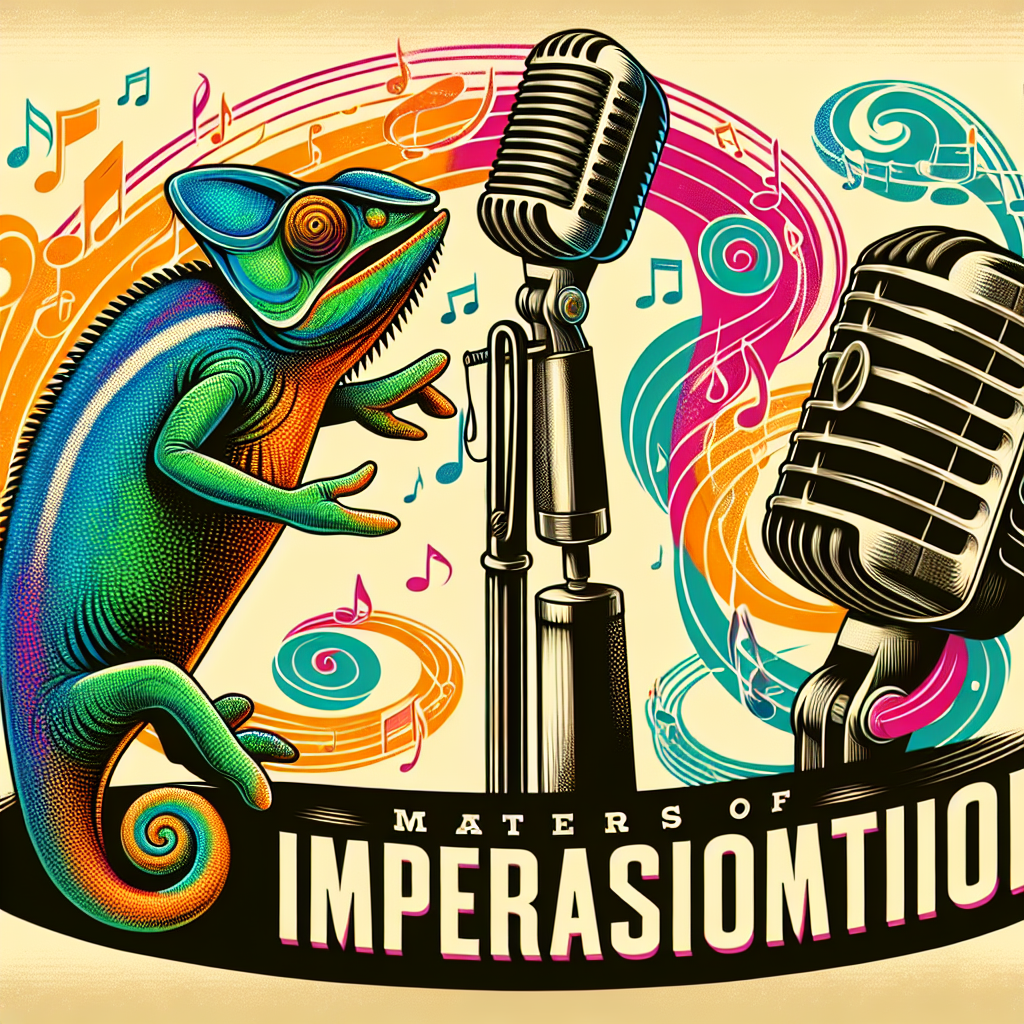



Comments are off for this post.